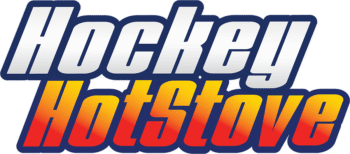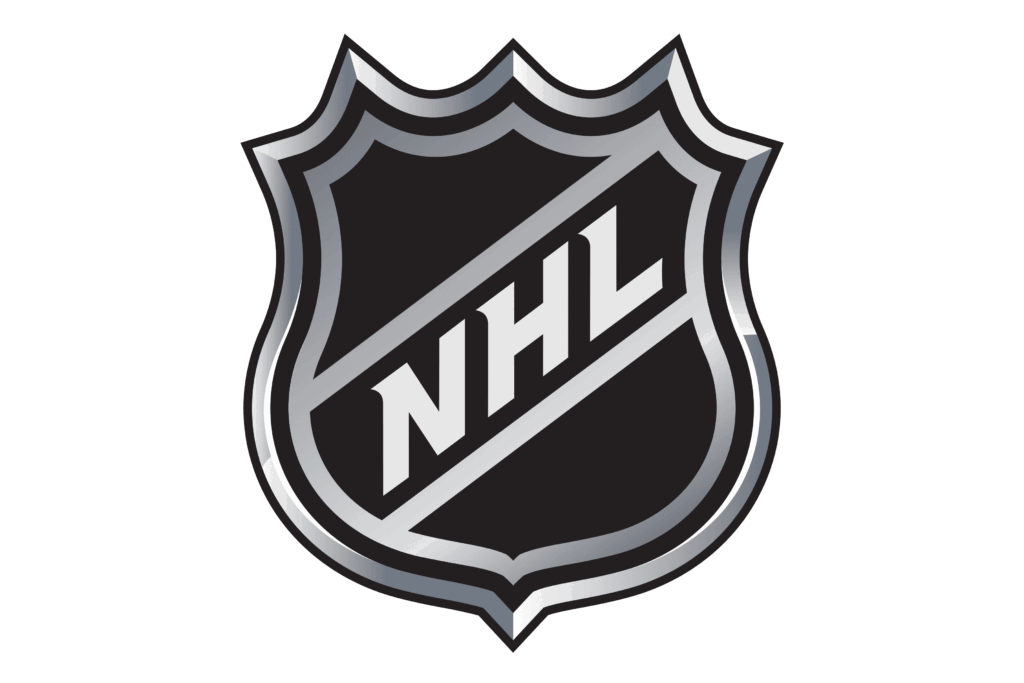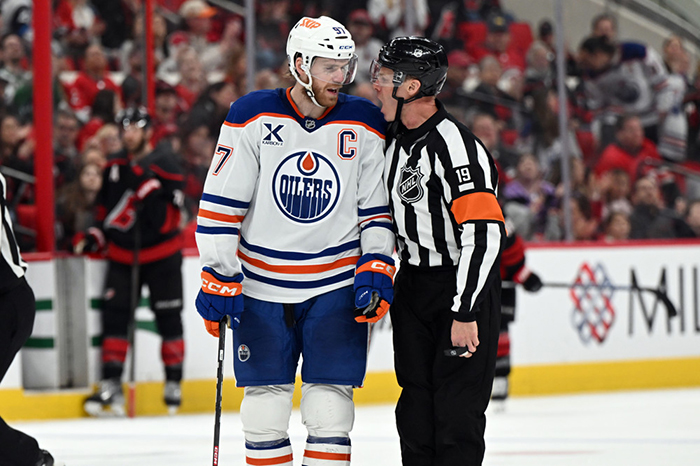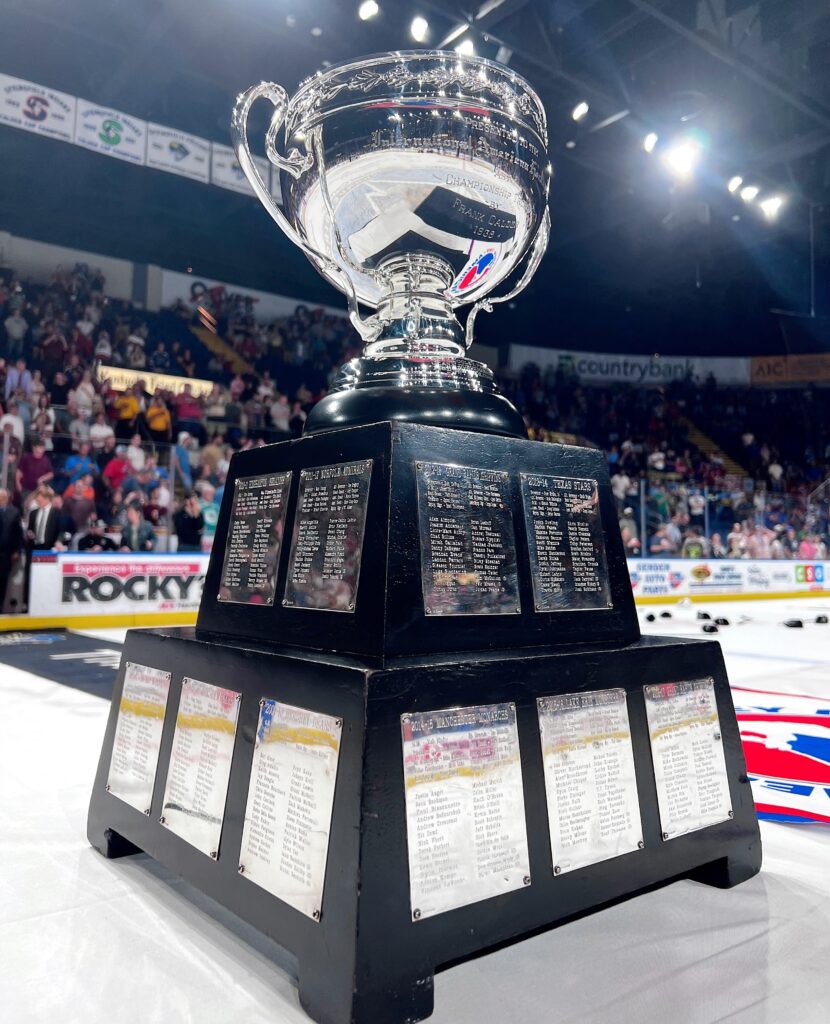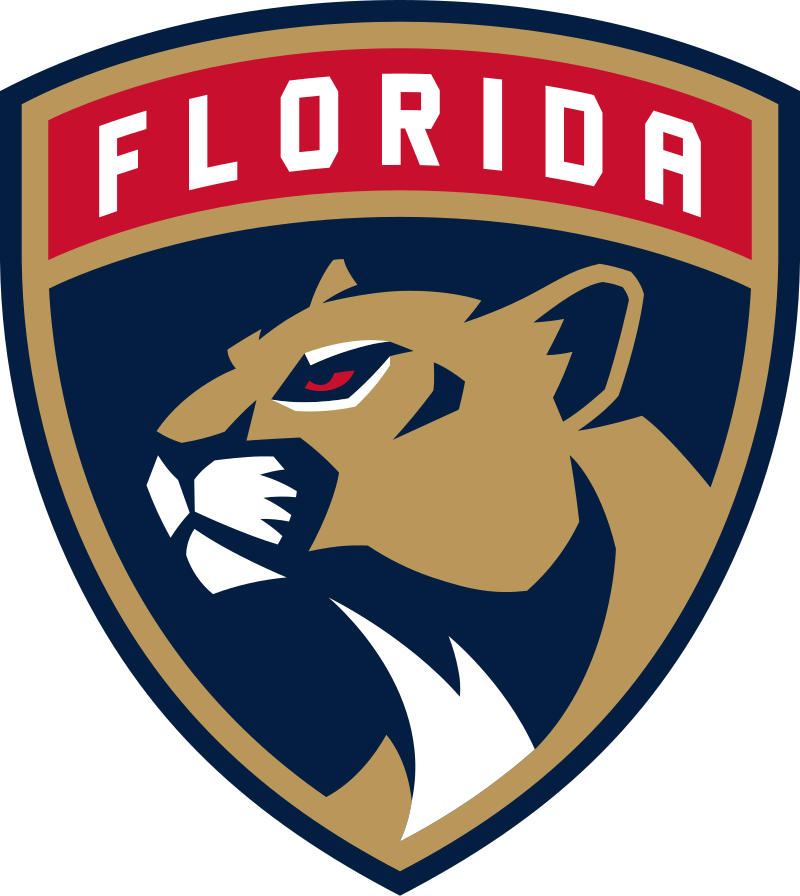In the American Hockey League (AHL), a team often reflects the personality of its head coach. From the intensity to the buy-in to the strategy, the team is a reflection of the coach behind the bench. It’s noticeable with the way Ryan Mougenel has built the Providence Bruins into a juggernaut. The parent Boston Bruins have a good coach at the helm of their farm team.
The P-Bruins boast a 7-0 record and went unbeaten in the first month of the season. Previously, Mougenel flew under the radar for a few years but has led the Bruins to multiple great seasons. Last season, they pushed the Charlotte Checkers to the brink in the Atlantic Division Semi-Final. This season, they look like a team that can win the Calder Cup, and it’s a credit to the job Mougenel has done.
Mougenel’s Background Built Him Into a Great AHL Coach
He wasn’t a household name when the Bruins hired him in 2021 because he didn’t have an established hockey career. Many coaches come from the NHL but Mougenel was a lifetime junior hockey and ECHL player before he joined the coaching ranks. The Hershey Bears hired him as an assistant in 2012, and like the players in the league, he bounced around from Hershey to Worcester to San Jose to Providence, where he was an assistant before taking over as the head coach.
Some coaches come from junior hockey or college backgrounds. The AHL teams like how their teams played and think it will translate at the next level. These coaches often struggled because they went from recruiting and building their rosters to having no control over them. In the AHL, players are called up and sent down all the time, and the coach is forced to work with what’s provided (and sometimes, it’s not much).
Mougenel has been able to adapt to the turnovers because he saw it firsthand for nearly a decade. He was the assistant and had to deal with the roster changes just like the head coach. The Boston Bruins have forced their AHL team to call up multiple players over the years, and with Mougenel leading the team, he’s prepared for the changes.
Where The Bruins Stand Out
The Bruins are one of the best teams in the AHL when they don’t have the puck. Specifically, when they defend the backcheck or just force a turnover as they are fighting for a loose puck to set up the offense. “It’s everything,” Mougenel noted after the 3-1 win over the Wilkes-Barre Scranton Penguins, a game where their transition game led to a victory.
Mougenel wants the team to not only move the puck out of the defensive zone quickly but also effectively. “The most important thing is how we come out. We want to have depth in how we attack. We believe in ice balance too, so off the rush we want balance, so that’s really important,” he noted after the latest game.
The Bruins come at teams in waves where their forward usually carries the puck and the defense is right behind them, allowing them to make up for a turnover or a mishandled puck. The added bonus to playing this way is that it allows the trailing defenseman to join the rush on a successful breakout and potentially become an option in the offensive zone. It’s why the opposition is often unprepared for the Bruins on the rush and allows a skater to find an open look. It’s also helped the Bruins average 4.42 goals per game.
On the other end, it’s about having a great backcheck for Mougenel. Every team wants to forecheck but few want to backcheck (at least from a player’s perspective). Former Hershey Bears coach Todd Nelson mentioned that he encourages creativity on the offensive end but only if the players skate back on the play if they make a mistake. Mougenel gets the same buy-in from his forwards. “The most important thing is how you create gaps for yourself. Transitions happen the most in the game, so we talk about the harder you come back, the more space there is and offense for yourself,” and this message allows the Bruins to make the most of turnovers and the open ice that follows.
Mougenel Can Get The Buy-In From The Bruins
Mougenel has a vision for how the team should play but it’s another thing to get the message across. Vince Lombardi said it best, “The plays work on the chalkboard. The men make it work on the field.” The hockey coaching cliche for this is that there are the arts and the sciences. Some coaches have all the brilliance but don’t get the players to execute the plan. Others can have their players run through a brick wall but without purpose.
The Bruins often post videos of Mougenel’s postgame pressers where he talks to the audience. They make him look robotic, like someone trying to get through the video and say the right things before heading out. The reality is he’s far from that off the ice. Mougenel looks robotic because frankly, those pressers are done with a microphone pushed on him and a few cameras in his face as well (he’s not talking to people, he’s talking to cameras).
Mougenel spoke after the game, and with the cameras removed, he showed the personable side to him. It’s clear he can relate to the players and, more importantly, tailor the message to each player depending on their situation. He understands where a prospect who is still learning the game is coming from and, similarly, knows what a journeyman who is just trying to break through to the NHL team is dealing with. “They see what’s in front of them,” Mougenel noted about this Bruins team, which knows how close they are to both a great AHL season and the NHL, with the team above them struggling.
It took a few seasons but Mougenel has built up Providence into a great team. He’s rebuilt a team that didn’t have elite prospects and doesn’t have the household names into one of the best in the AHL. At 49 years old, he looks poised to do the same in the NHL someday.
